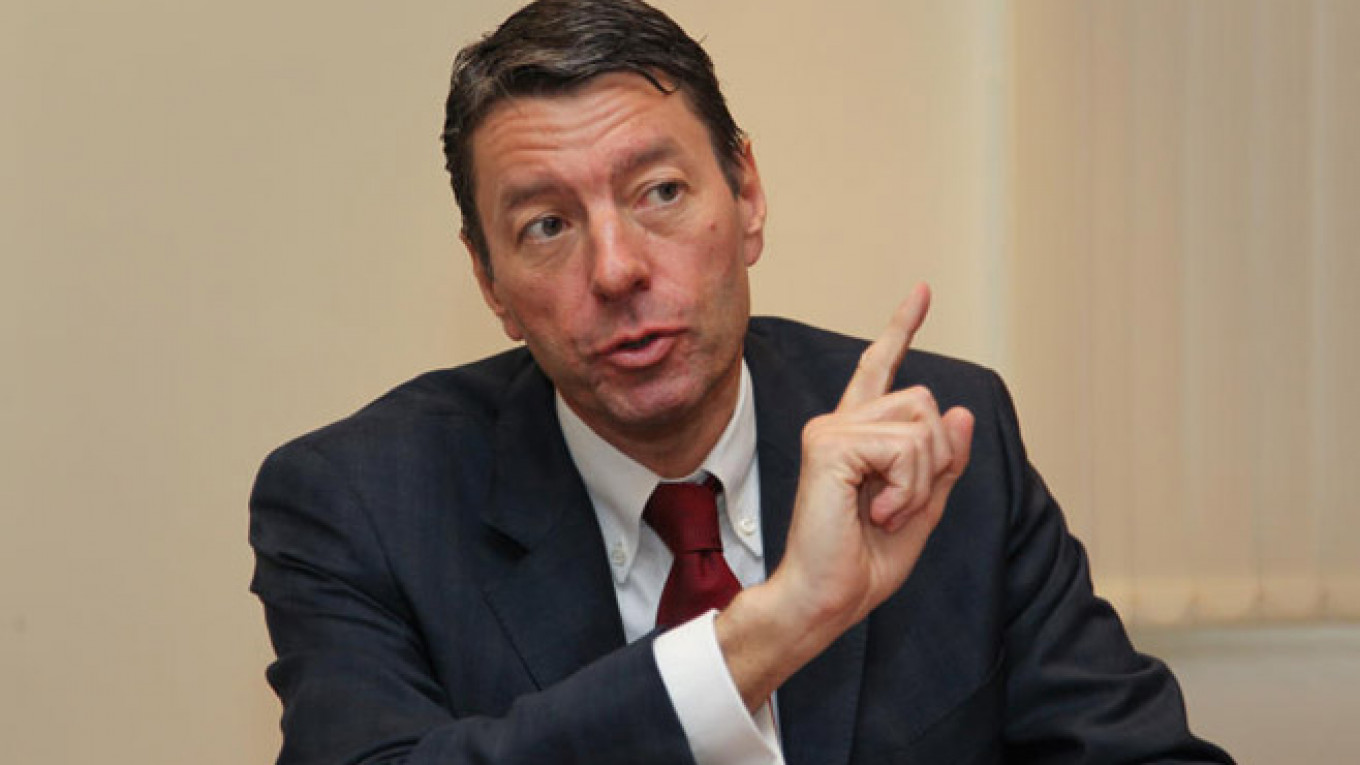FRANKFURT — German consumer goods makers Henkel and Beiersdorf reported soaring sales for their skin and hair products in Russia on Thursday, as consumers there kept their taste for prestige labels amid an economic crisis.
Henkel, maker of Schwarzkopf shampoo, and Nivea cream maker Beiersdorf had to raise prices in the first quarter to limit the impact of a declining Russian ruble. Nevertheless, Henkel's said Russia sales rose by a double-digit percentage in the three months to end-March, while Beiersdorf said its growth rates were above 20 percent.
"For months we have been expecting that it would get difficult in Russia, but in fact we are doing better than ever," Beiersdorf Chief Executive Stefan Heidenreich said in a conference call.
Russia expects a steep recession this year, caused by low international oil prices and Western sanctions over the Ukraine conflict. But Russians are still spending on consumer products.
"Russians are prestige buyers," said Beiersdorf finance chief Ulrich Schmidt. "They might shy away from buying a new luxury car right now but they are still willing to buy an anti-aging cream for 10 euros or a deodorant for 3 euros."
Russia accounts for around 4 percent of Beiersdorf's group sales and about 6 percent of Henkel's.
Henkel CEO Kasper Rorsted warned, though, that the economic environment remained challenging and currency headwinds were expected to continue to weigh on earnings.
In the first quarter the euro was, on average, around 33 percent stronger than the ruble year-on-year.
Henkel, which is also known for its Persil detergent and Pril dishwashing liquid, increased group sales almost 13 percent to 4.43 billion euros ($5 billion), beating analysts' estimates thanks to a strong U.S. dollar and recent acquisitions.
Its earnings before interest and tax (EBIT) rose 6.5 percent to 648 million euros.
At Beiersdorf, which is just over 50 percent-owned by Germany's billionaire Herz family, EBIT rose 8.5 percent to 255 million euros, beating estimates, on sales of 1.71 billion euros.
A Message from The Moscow Times:
Dear readers,
We are facing unprecedented challenges. Russia's Prosecutor General's Office has designated The Moscow Times as an "undesirable" organization, criminalizing our work and putting our staff at risk of prosecution. This follows our earlier unjust labeling as a "foreign agent."
These actions are direct attempts to silence independent journalism in Russia. The authorities claim our work "discredits the decisions of the Russian leadership." We see things differently: we strive to provide accurate, unbiased reporting on Russia.
We, the journalists of The Moscow Times, refuse to be silenced. But to continue our work, we need your help.
Your support, no matter how small, makes a world of difference. If you can, please support us monthly starting from just $2. It's quick to set up, and every contribution makes a significant impact.
By supporting The Moscow Times, you're defending open, independent journalism in the face of repression. Thank you for standing with us.
Remind me later.






